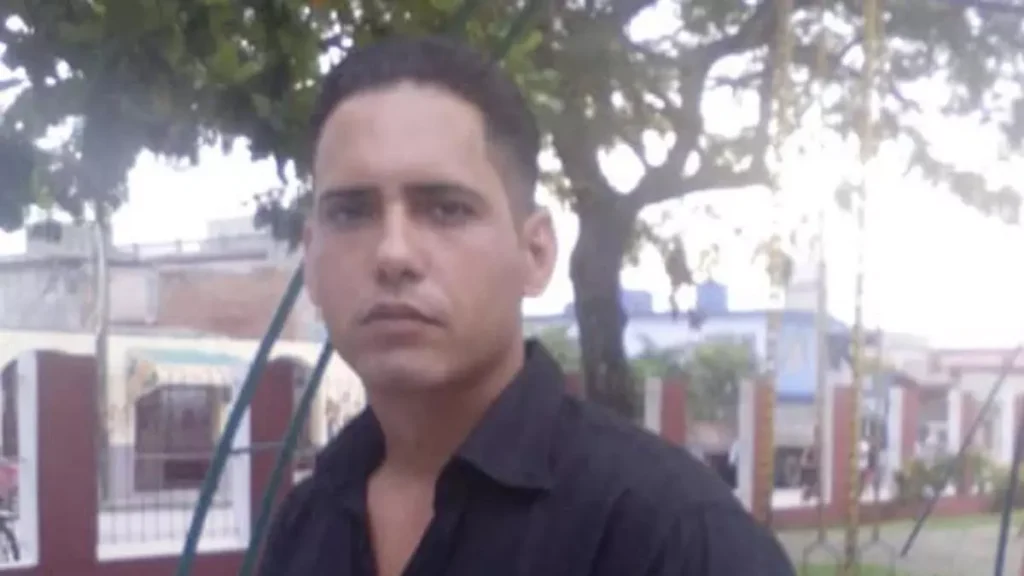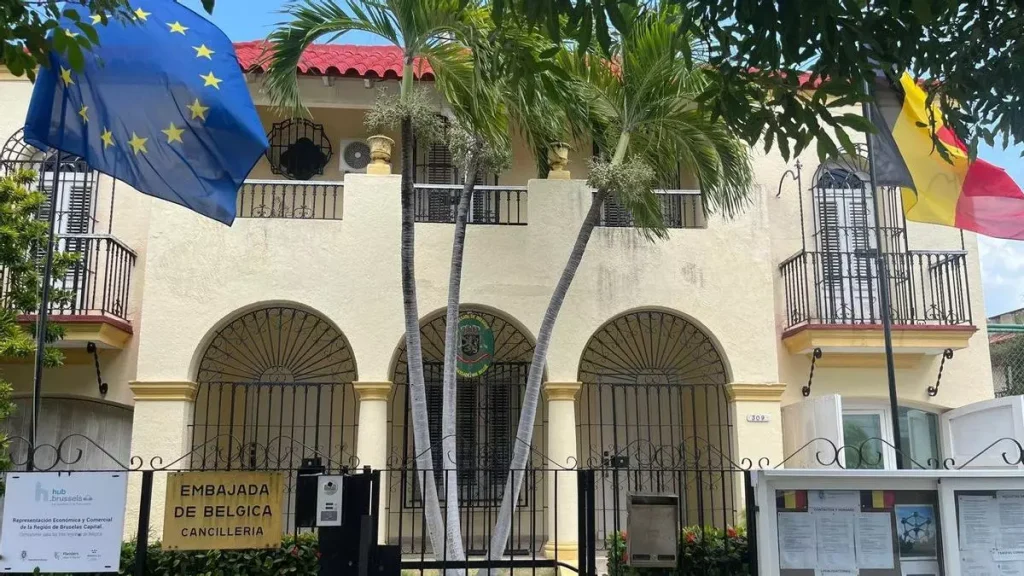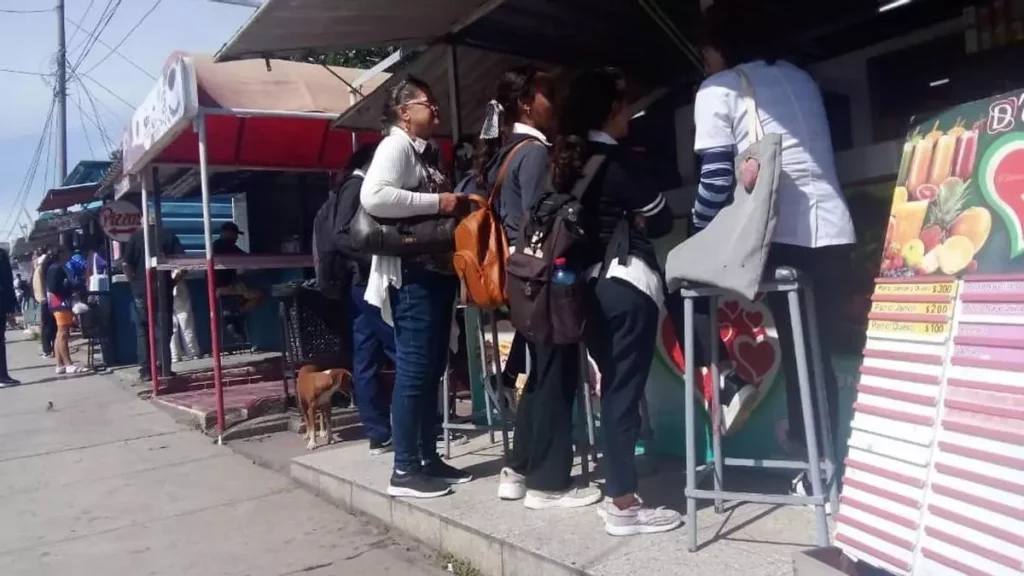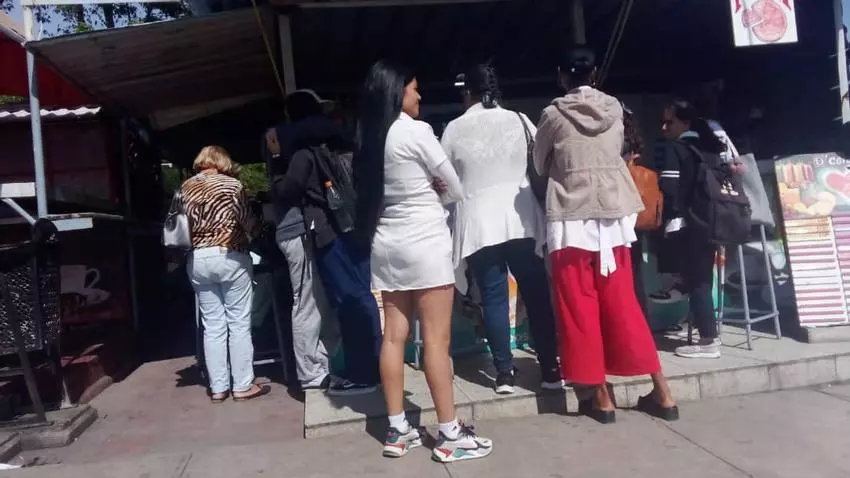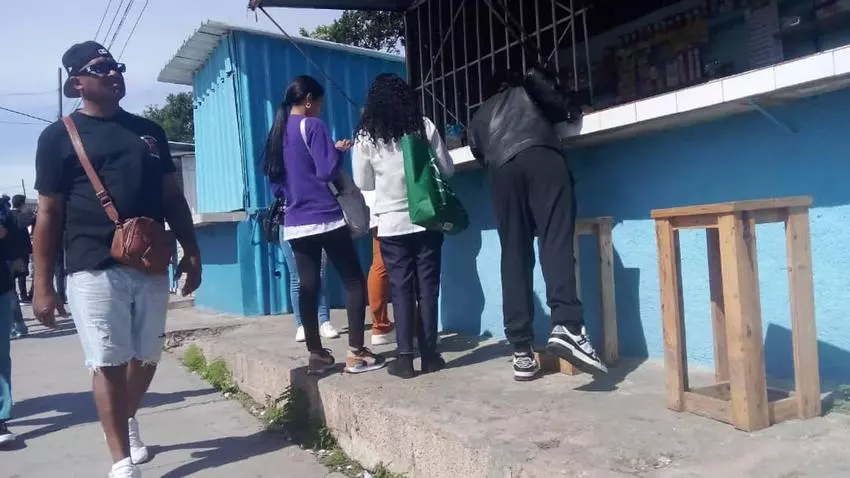The sister of the former Minister of Economy describes a plot devised by the prime minister and the military sector of the Cuban regime to protect their economic interests
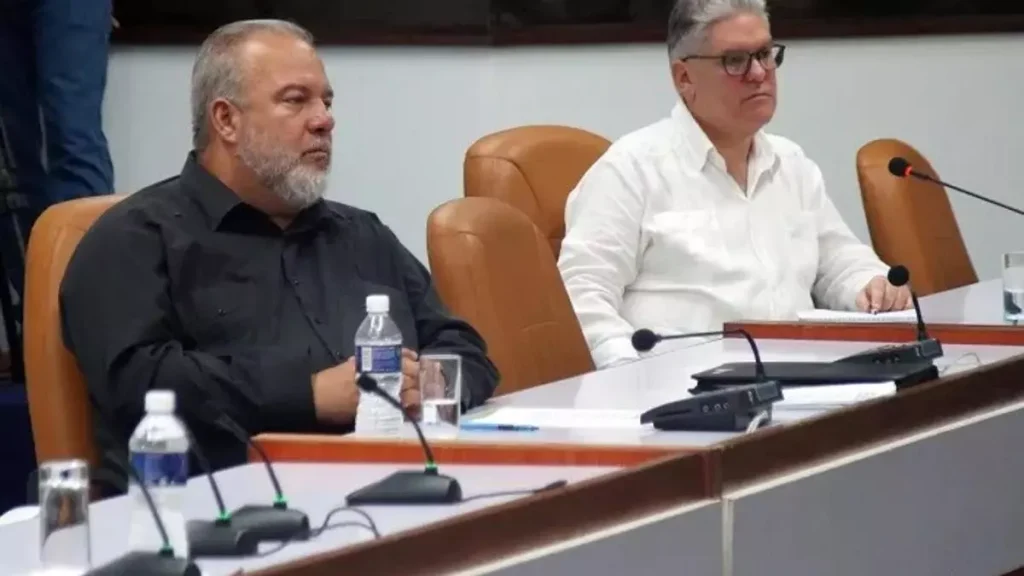
![]() 14ymedio, Madrid, November 22, 2025 — María Victoria Gil, the sister of Alejandro Gil who was tried last week behind closed doors for espionage, has said that the country for which the former minister is accused of spying is the United States, specifically the Central Intelligence Agency (CIA), and suggests that the case against her brother was instigated by Prime Minister Manuel Marrero. In an interview with Miami-based Cuban journalist Mario J. Pentón, she said that her source, whom she cannot name, “is very reliable” and that the information “is corroborated.”
14ymedio, Madrid, November 22, 2025 — María Victoria Gil, the sister of Alejandro Gil who was tried last week behind closed doors for espionage, has said that the country for which the former minister is accused of spying is the United States, specifically the Central Intelligence Agency (CIA), and suggests that the case against her brother was instigated by Prime Minister Manuel Marrero. In an interview with Miami-based Cuban journalist Mario J. Pentón, she said that her source, whom she cannot name, “is very reliable” and that the information “is corroborated.”
“What I am going to say is what my brother has really not been able to say,” said the former state television host and attorney. About her revelations Pentón says: “Supposedly the CIA gave him the Ordering Task to destroy Cuba; you know where this thread leads.” And Vicky Gil adds: “They always blame the United States for all the failures of a failed system that is corrupt to the core and that has been able to totally and absolutely destroy an entire country.”
Gil’s sister reiterated that the former Minister of Economy “categorically denies all facts related to the espionage” and that, as confirmed by a source close to the case, the defense made by lawyer Abel Solá López was “brilliant.” This same informant told 14ymedio that they expect the next trial of Gil, for more than a dozen crimes such as embezzlement, tax evasion, influence peddling and money laundering, and in which other senior officials of the regime are involved, will take place next Wednesday.
This same informant told 14ymedio this Saturday that they expect the next trial of Gil, for more than a dozen crimes, will take place next Wednesday
“In a country where the entire leadership is corrupt, how are you going to try an official for corruption, money laundering, influence peddling? You would have to try all of them,” observed Vicky Gil in the interview with continue reading
The former presenter of De la Gran Escena on Cuban Television believes that “the least guilty of all that is happening with my brother is President Miguel Díaz-Canel Bermúdez,” because he was unaware, she claims, of the case being set up against Gil, who was his right-hand man. And she mentions, in this regard, the information about the prime minister that her source shared: on February 1, 2024, Marrero called Gil and told him that “his work as Minister of Economy and Planning has not yielded the expected results, that his work was poor, and, therefore, the next day he would be dismissed and must begin to hand over all the documentation relating to the ministry.”
The following day, continues Vicky, it was reported that her brother had been dismissed. “What is Miguel Díaz-Canel doing? Congratulate my brother for the good work,” she says about the tweet that the president posted on X on February 6, Gil’s birthday. On the other hand, according to her, the now-dismissed minister agreed to go to Marrero’s office for the delivery of the portfolio. “When my brother arrived there with all the documentation, he found that along with Manuel Marrero Cruz there were two officers from Cuban State Security,” who informed him that “he was under investigation.”
From that moment on, they took him and his wife, Gina María González García, “to one of those famous houses that the Ministry of the Interior has that are wonderful, that I know, that are in Nuevo Vedado, in Miramar…” “How do you know of them, Vicky?” asks Pentón. “I know two in Nuevo Vedado, because I was an agent for a short time, and I didn’t do well because I chickened out,” she confesses, specifying that she was picked to monitor the trafficking of artwork on the Island.
Gil instead went straight to the high security prison of Guanajay, in Artemisa, where his family has been able to visit him for “15 minutes every 15 days”
In any event, Gil and his wife stayed in that house for four months, during which time nothing was known of them publicly. It was then, imagines Vicky, that a criminal investigation was ordered. Her brother was prosecuted, and her sister-in-law was acquitted and returned to their home in Miramar, one of the most affluent neighborhoods of the capital. Gil instead went straight to the high security prison of Guanajay, in Artemisa, where his family has been able to visit him for “15 minutes every 15 days,” says the former presenter.
To Pentón’s question about whether the prime minister is the one behind her brother’s arrest, María Victoria Gil reaffirms: “Yes, Marrero is the person in front and behind this whole trial against Alejandro Gil,” which she considers “a racket.” As for the crimes of corruption that are attributed to the former head of Economy, she adds, “Marrero has committed five times more.”
The confrontation between Gil — who comes from the civilian world — and Marrero — a colonel — evidences a possible operation mounted by the military-controlled Group of Business Administration (Gaesa), which would thus hold the former minister responsible for having affected its business and contributing to the widespread collapse of the economy with the Ordering Task*, the process of monetary and exchange unification that began on January 1, 2021.
For Vicky, it may come from somewhere else: “Perhaps my brother wanted to put a stop to Marrero’s shameful waste and disloyalty.” Without giving more details, she adds, “We know how corrupt that world is. What more proof of the corruption do you need, and how little does the Cuban government care about the people of Cuba that when you put them all together, they can’t even close one button on their guayaberas?”
*Translator’s note: The “Ordering Task” [Tarea Ordenamiento] was a collection of measures that include eliminating the Cuban Convertible Peso (CUC), leaving the Cuban peso as the only national currency, raising prices, raising salaries (but not as much as prices), opening stores that take payment only in hard currency which must be in the form of specially issued pre-paid debit cards, and a broad range of other measures targeted to different elements of the Cuban economy.
Translated by Regina Anavy

